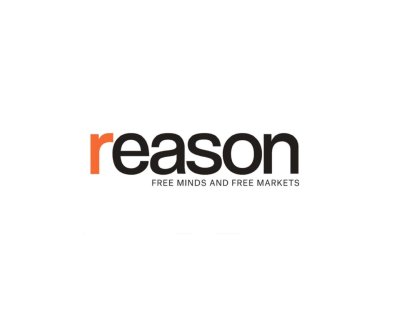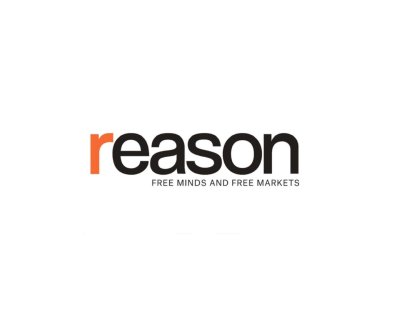Equality Under the Hayekian Rule of Law
Friedrich von Hayek considered the rule of law to be essential in minimizing coercion and enhancing individual liberty. In this context, he regarded “equality before the law” (formal equality) as essential to the rule of law. However, he emphasized that formal equality is the only concept of equality that is compatible with the rule of law. He criticized socialist and progressive attempts to theorize further notions of equality, which they package as “social justice,” as disguised attacks on liberty. In the Constitution of Liberty, he explains,
Equality of the general rules of law and conduct, however, is the only kind of equality conducive to liberty and the only equality which we can secure without destroying liberty. Not only has liberty nothing to do with any other sort of equality, but it is even bound to produce inequality in many respects. This is the necessary result and part of the justification of individual liberty: if the result of individual liberty did not demonstrate that some manners of living are more successful than others, much of the case for it would vanish.
Like Ludwig von Mises, Hayek defended liberty on the basis that individual liberty is essential to Western civilization—he described it as “that ideal of freedom which inspired modern Western civilization and whose partial realization made possible the achievements of that civilization.” It would make no sense for anyone who values this civilization to undermine the very liberty that enables it to flourish. Attempting to eradicate inequality, while purporting to value the conditions that gave rise to that inequality, would be contradictory.
To Hayek, formal equality is not based on the essential equality of human beings, but on the ideal of liberty. He cautioned that,
[W]e must not overlook the fact that individuals are very different from the outset.… As a statement of fact, it just is not true that “all men are born equal.”
Formal equality is not based on the premise that people are equal—it is precisely because people are not equal that the law assures them of the equal protection conferred by the rule of law. The law assures us that rich or poor, tall or short, black or white, we are all subject to the same rules. As Hayek puts it, formal equality
…not only recognizes that individuals are very different but in a great measure rests on that assumption. It insists that these individual differences provide no justification for government to treat them differently.
Under the rule of law, people’s innate differences are deemed to be irrelevant, hence the classical reference to “blind justice.” The point of blind justice is not that differences do not exist, but that the law takes no account of them. Thus, Hayek emphasizes that equality before the law neither “assumes that people are in fact equal [nor] attempts to make them equal.” He adds,
Nothing, however, is more damaging to the demand for equal treatment than to base it on so obviously untrue an assumption as that of the factual equality of all
Article from LewRockwell

LewRockwell.com is a libertarian website that publishes articles, essays, and blog posts advocating for minimal government, free markets, and individual liberty. The site was founded by Lew Rockwell, an American libertarian political commentator, activist, and former congressional staffer. The website often features content that is critical of mainstream politics, state intervention, and foreign policy, among other topics. It is a platform frequently used to disseminate Austrian economics, a school of economic thought that is popular among some libertarians.




